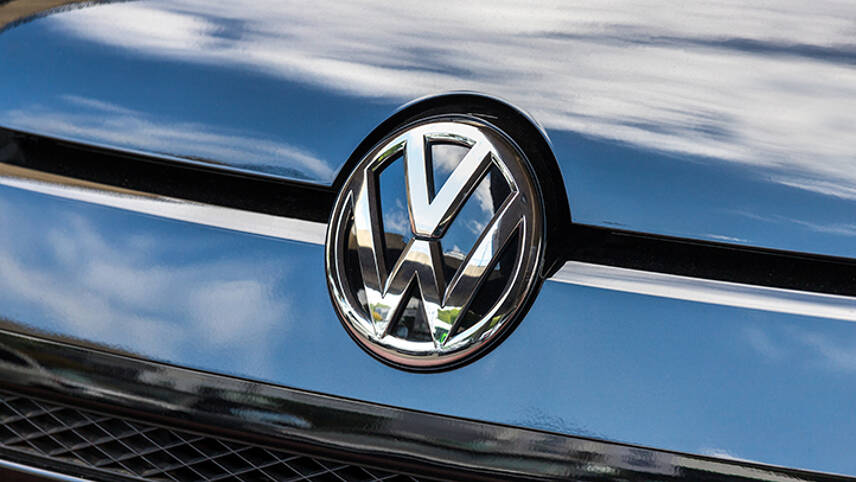Register for free and continue reading
Join our growing army of changemakers and get unlimited access to our premium content

The company will work on scaling the solution
Working with Energy Web and charging solutions firm Elli, VW has developed a 24.7 matching algorithm software to optimise the use of clean, locally sourced energy for EVs.
The smart charging solution can dictate the date and time of the charging and combine it with the desired level of charge and what time it will be finished. From there it can then ensure it taps into local renewable energy sources.
VW has tested numerous ID4 vehicles on the platform. The company is now exploring how the solution can be further developed and scaled.
“This is the first time ever that an electric vehicle has been charged using a verified 24/7-matched clean energy strategy – coming at a time when EV adoption is gathering speed and charging is placing larger demands on electricity grids than ever before,” Energy Web’s chief executive Jesse Morris said.
“The purpose of this project has been to showcase that advanced EV charging solutions can empower EV owners to set their own preferences for when and where they get their energy. For instance, they can select to charge using wind and solar resources, from energy assets within a 10 km radius, and target 80% charge by 5pm – all from within a user-friendly application, with an accurate breakdown of their session’s carbon footprint.”
Volvo leaves ACEA
In related news, Volvo Cars has announced its decision to leave the European Automobile Manufacturer’s Association (ACEA) by the end of the year.
The car manufacturer has, according to a report from Reuters, decided to exit the ACEA over a stance on the EV transition.
ACEA, which consists of 16 automotive giants across Europe believes that ““any long-term regulation going beyond this decade is premature at this early stage”, in regards to the EU’s proposed ban on traditional combustion engine vehicles by 2035.
Last year, the company outlined plans to stop selling petrol, diesel and hybrid cars by the end of the decade.
Volvo is aiming to phase out new petrol and diesel cars from its car portfolio by 2025, at which point it expects hybrids to account for 50% of sales and pure electric models to account for 50% of sales. It will then spend the next five years phasing out hybrids.
In a statement, the company said it was able to accelerate electric vehicle (EV) plans because of changing legislation and a “rapid expansion of accessible, high-quality charging infrastructure” in key markets. On the former, the UK has brought its ban on new petrol and diesel cars forward to 2030,


Please login or Register to leave a comment.